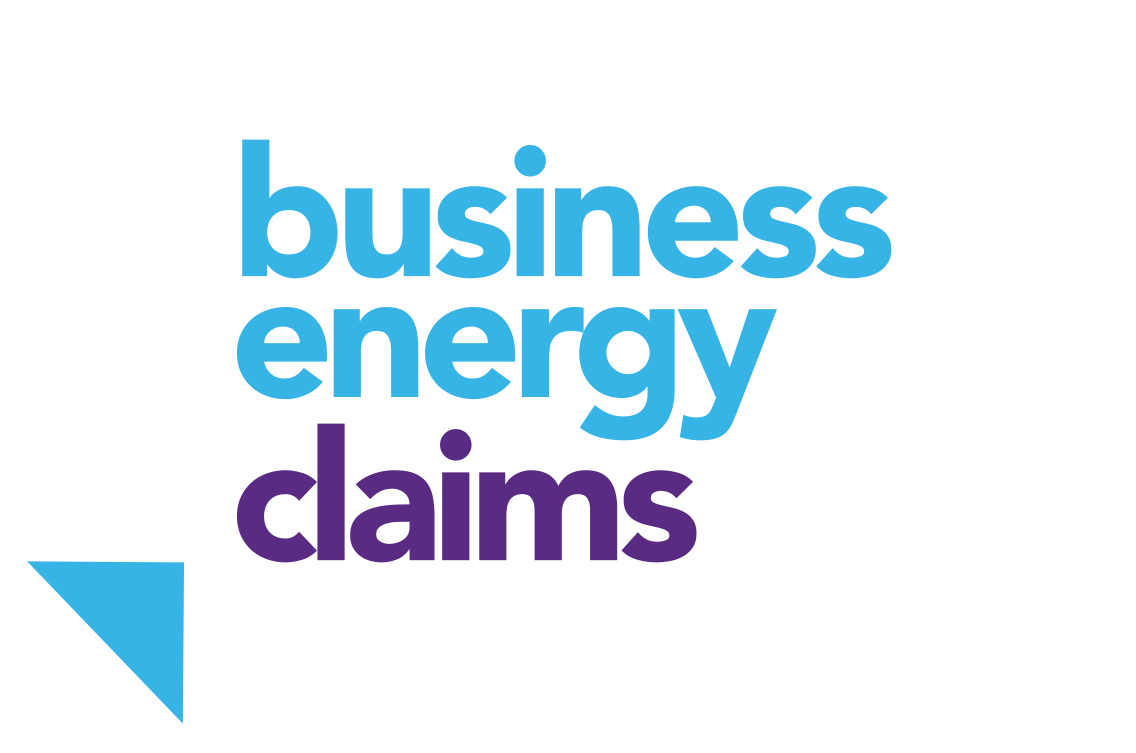Charities, like other organisations, are subject to energy prices that can vary greatly depending on a number of factors. These can include the type of energy they use, the location of their premises, and the time of day that they use energy. Additionally, there may be other factors that affect energy bills for charities, such as the size and layout of the building, and the equipment and appliances that are used within it. Some charities have been exposed to brokers that have charged them commision twice the amount of the unit price and never disclosed that. Here at Business energy claims we see these cases time and time again.
It is therefore important for charities to carefully monitor their energy bills to ensure that they are not being overcharged. This is especially important given that charities are often operating on tight budgets and every penny counts.
If a charity believes that they have been overcharged for their energy bills, there are a number of steps that they can take to rectify the situation. The first step is to contact Business energy claims, as we will go through your contract with a fine comb and identify if you have been exposed to the unethical practices by energy brokers. We have previous experience of helping charities like Caritas, to claim the commissions that they have not disclosed in their contract.
If we won’t be able to find any wrongdoing by the energy broker, energy supplier might be able to help you with the costs.If you cannot reach an agreement with the supplier, The Energy Ombudsman is an independent body that is designed to help resolve disputes between energy suppliers and their customers. The Ombudsman can investigate complaints, make recommendations, and impose sanctions if necessary.
It is also important to explore ways to reduce their energy bills. There are a number of measures that charities can take to reduce their energy usage, such as installing energy-efficient lighting, upgrading heating and cooling systems, and switching to renewable energy sources.
Charities can also take advantage of the Energy Bill Discount Scheme that was introduced by the UK government in January 2023. This scheme provides a unit discount of up to £6.97/MWh for gas and up to £19.61/MWh for electricity, subject to a wholesale price threshold of £107/MWh for gas and £302/MWh for electricity. Charities that meet the eligibility criteria can apply for this discount and reduce their energy bills.
In addition to the Energy Bill Discount Scheme, charities can also benefit from other schemes that are designed to help reduce their energy bills. For example, the Carbon Trust Green Business Fund provides funding to help small and medium-sized businesses, including charities, to improve their energy efficiency. The fund can be used to cover the cost of energy assessments, equipment upgrades, and employee training.
Charities can also benefit from the Renewable Heat Incentive (RHI) scheme. This scheme provides financial incentives for the installation of renewable heat technologies, such as biomass boilers, air source heat pumps, and ground source heat pumps. Charities that install eligible technologies can receive regular payments for up to 20 years, helping them to offset the cost of installation and reduce their energy bills.
In addition to these schemes, charities can also take simple measures to reduce their energy bills, such as turning off lights and appliances when they are not in use, and encouraging staff to be mindful of their energy usage. These small steps can add up to significant savings over time, helping charities to devote more of their resources to their core activities.
In conclusion, charities should carefully monitor their energy bills to ensure that they are not being overcharged. If overcharging is identified, charities should take steps to resolve the issue with their energy supplier or the Energy Ombudsman. In addition to checking for overcharging, charities should explore ways to reduce their energy bills, such as taking advantage of government schemes, installing energy-efficient equipment as well as ensuring that they have not been taken advantage of by unethical behaviour of energy brokers.
If you are interested in getting an impartial look at your energy bill and see if you have a claim, just fill in a quick calculator form and see if you have a claim that might lead to a great refund that will can help you to offset some of the energy costs that are spiralling out of control in this troubled time
